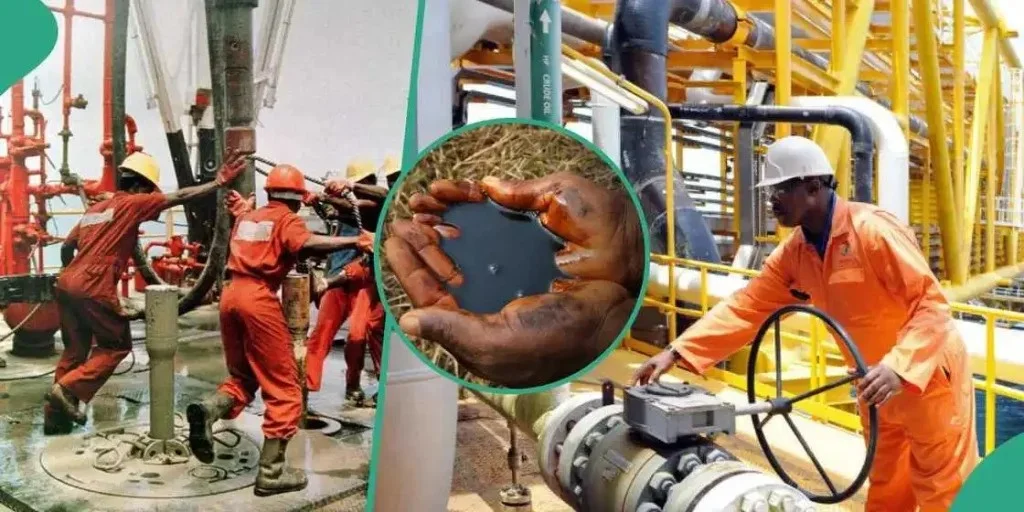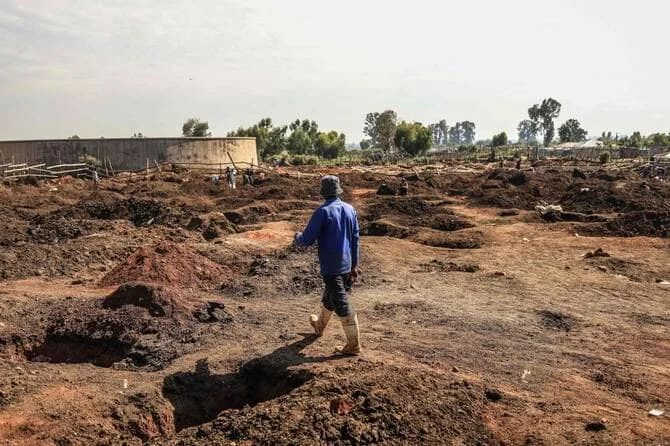Nigeria is driving a fresh wave of oil and gas investment to strengthen industrial output and expand its economy. The government says creating an investor-friendly climate is central to meeting national energy goals.
Key Energy Talks in Abuja
In Abuja, President Bola Tinubu’s Energy Adviser, Olu Verheijen, met with Tony Attah, CEO of Renaissance Energy. She applauded Tinubu’s recent reforms, highlighting that Renaissance boosted production by 40% within 150 days of acquiring Shell’s onshore assets in 2025.
Verheijen stressed that transparent policies and supportive regulations will sustain momentum. She added that new wells and drilling campaigns could further accelerate growth.
Renaissance’s Rapid Progress
Attah credited the government for introducing three executive orders that reshaped the sector. According to him, the reforms created better working conditions and attracted private investors.
As a result, Renaissance and its partners fulfilled gas supply obligations to Nigeria LNG Limited for the first time in more than five years—a milestone for the energy sector.
Upstream Petroleum Advances
The Nigerian Upstream Petroleum Regulatory Commission (NUPRC) reported $18.2 billion worth of approved Field Development Plans in 2025.
- 28 projects received approval this year.
-
They are expected to deliver 1.4 billion barrels of oil.
-
They will add 5.4 trillion cubic feet of natural gas.
NUPRC’s media head, Eniola Akinkuotu, noted these projects will contribute 591,000 barrels of oil and 2.1 billion cubic feet of gas daily. This progress supports Nigeria’s target of producing more than three million barrels per day.
Energy Outlook
Nigeria’s reforms reflect a clear commitment to energy security and long-term economic growth. Renaissance Energy has also pledged to support the energy transition while advancing the country’s industrial capacity.
With rising investor confidence and growing production, Nigeria is positioning itself as a regional energy leader.
Nigeria’s Economy Expands by 4.23% in Q2 2025






